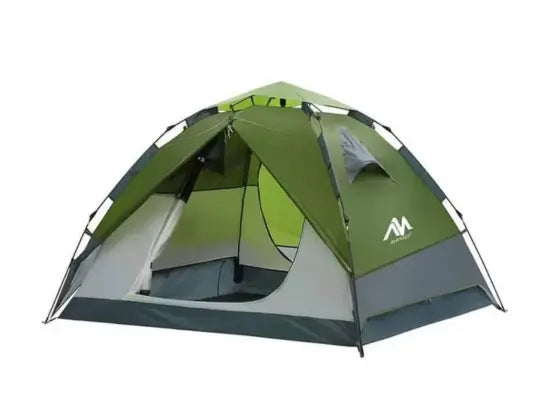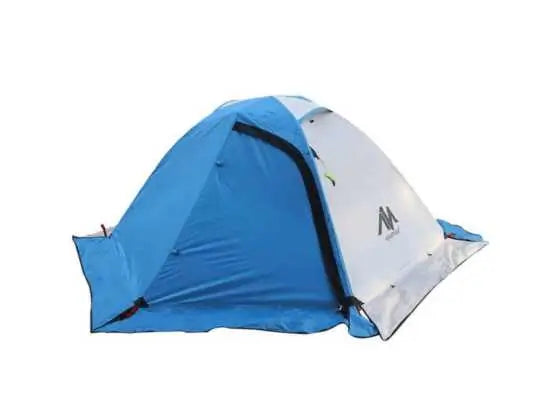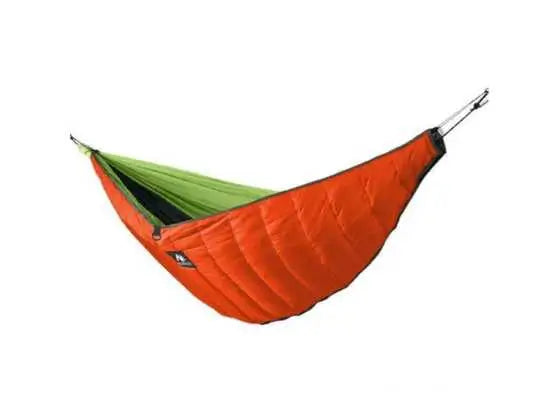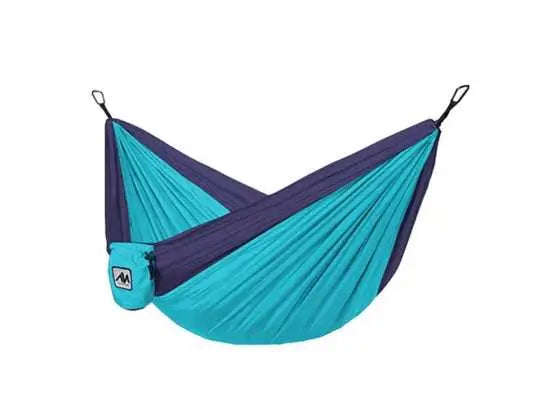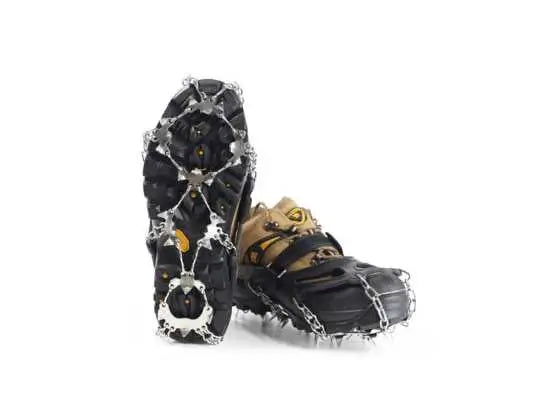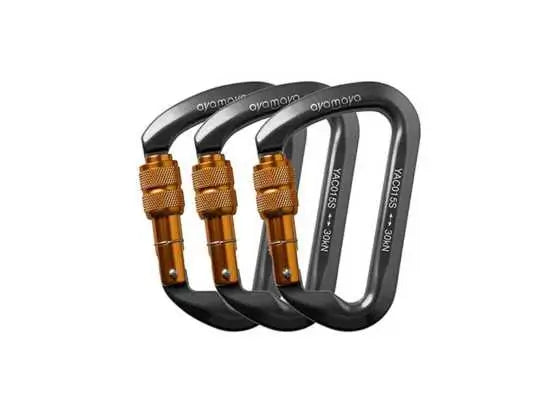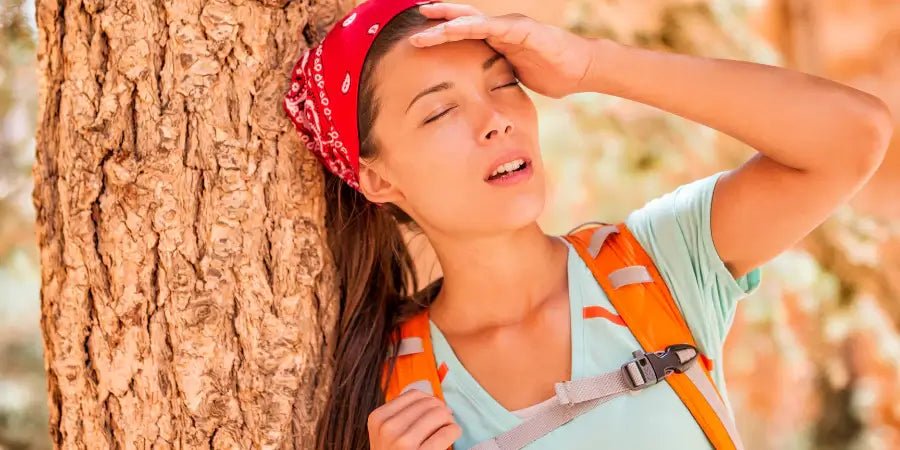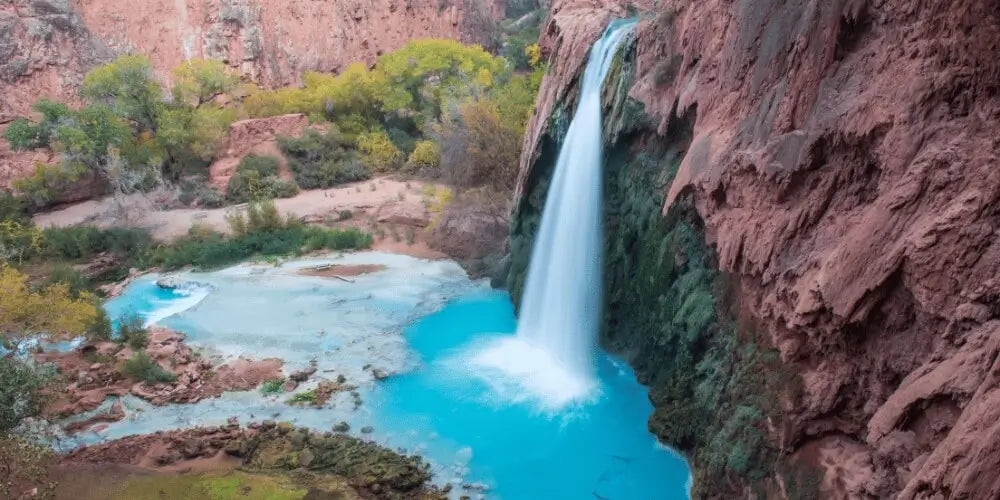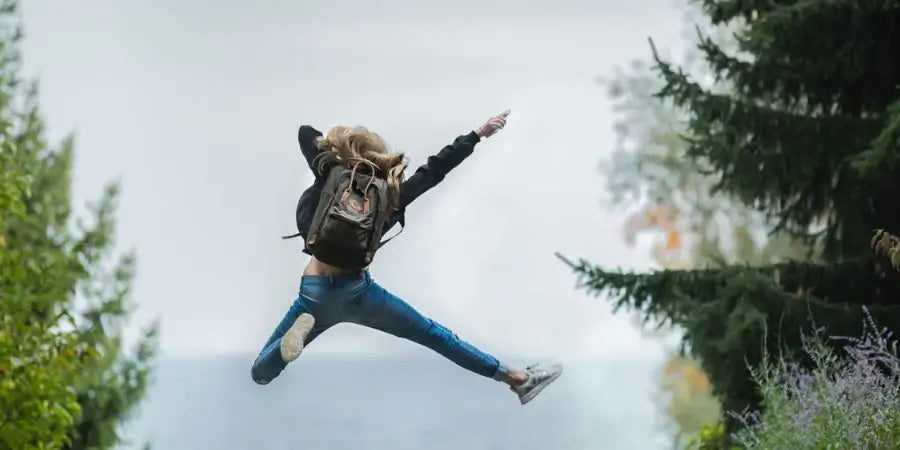STAYING HYDRATED ON TRAIL
Staying hydrated on trail is essential in getting the most out of your hike. For those who have little experience in hiking or are not used to an active lifestyle might be up to speed with taking proper precautions. Dehydration is not only common among newer hikers, but it does not stop there because even high-level athletes can also bet at risk. Staying hydrated is of the utmost importance to ensure one can push their body to a limit without risking health complications. It still rings true when you are trekking into the backcountry, even with your ultralight gear it can strain your body extra.

Symptoms of Dehydration
Poor hydration can lead to a myriad of health problems. Coupled with being on trail hiking, it can only magnify your situation as one is likely far from emergency health services. When hiking, you may ask yourself, "What are the symptoms of dehydration?" An article written by mayoclinic.org describes some of the more common symptoms as: extreme thirst, less frequent urination, dark-colored urine, fatigue, dizziness, and confusion. Some of the more severe conditions include: Has had diarrhea for 24 hours or more, being irritable or disoriented and much sleepier or less active than usual, can't to keep down fluids, as bloody or black stool (2021, mayoclinic.org). So, if fluid intake is not monitored, things could get ugly. When hiking on trail, it is to one's advantage to know the signs of dehydration so you can mitigate any dehydration symptoms that may occur if you have not had the proper fluid intake. If you are already thirsty, it is almost too late. To prepare for hikes, we can partake in pre-event hydration.
Pre-Event Hydration
Hydration starts the preceding days, and the night before the day you are going on your hike. If you already get to the trailhead and your body is not ready for your hike, then you are already putting yourself and whomever else you are hiking with at a disadvantage. Drinking sufficient water or sports drinks is vital to ensure optimal hydration levels. Hydration helps regulate body temperature, lubricate joints, transport nutrients, and remove waste products from the body. Proper fluid intake also ensures muscles function efficiently and effectively during physical exertion. Hiking can be a strenuous activity, so having prepared ahead of time with pre-event hydration, we put ourselves in the position to have a great hike without the worry of cramping and symptoms of dehydration.
Hiking in Cold Weather VS Warm
When hiking in warmer weather, many factors can come into play. The more active you are and the higher the temperature, the more you sweat as our bodies try to cool us down. When you are on the trail, there can be times when you have to ration water. Water may only sometimes readily be available on the trail. This is especially true in the summer when there may have customarily been a creek or meadow you could filter water from, but it is dried up. In the heat, dehydration symptoms are more likely to present themselves. So we must replenish all the fluids we lose throughout the day hiking. Other health issues can come into the picture in the heat, such as heat stroke and sun poisoning. If you are in direct sunlight all day and sweating, some health complications can crossover in their symptoms, so pinpointing what is going on is not always easy. The sun poisoning symptoms, for instance, can cause thirstiness, dizziness, headaches, sunburn, or rash. Heat stroke and dehydration almost go hand in hand because the if you are dehydrated, you are more likely to overheat. To mitigate some of the effects the elements expose us to we can protect ourselves by wearing clothing that is breathable and lets our body cool down naturally. We can also find shade either under the trees or by making our own with a camping tarp
Cold weather conditions can cause dehydration because the body's thirst response is often diminished in colder temperatures. When it's cold, you may not feel as thirsty as you would in warmer weather, leading you to drink less water. In cold weather, you tend to breathe more heavily to keep your body warm. Another facet of cold temperatures is that our bodies increased respiration can result in greater water loss through exhaled air, leading to dehydration. Even as we are bundled up in layers, it can quickly become hot as the body starts to put itself through exertion.
Water Filter Products
Hydration is all about keeping up with your proper amount of fluids. As we mentioned earlier, water sources may not always be available on a hike. And the sources that are available need to be filtered in any stream or lake in the wilderness. To stay hydrated it is always important to filter your water before consumption to avoid any risk of virus or diseases that may be present in the water. There are a ton of great water filters out there today from the Katadyn BeFree to a Sawyer Squeeze. Although liquids like alkaline water are seen as superior, studies show that they have no benefits over normal tap water. When it comes to other liquids, we may ask ourselves, "Is gatorade good for hydration?" or are any other drinks beneficial? The answer is, yes. Beverages like gatorade and other sports drinks contain electrolytes, in other words salt. They salt in the beverage helps us better retain water within our bodies.
In conclusion, staying hydrated while hiking is essential for both novice hikers and experienced athletes. Dehydration can lead to various health problems, especially when you're far from emergency services on the trail. It's crucial to recognize the symptoms of dehydration, such as extreme thirst, dark-colored urine, fatigue, dizziness, and confusion, and take immediate action to mitigate these symptoms. Pre-event hydration is crucial to prepare your body for the hike, ensuring optimal hydration levels. Whether you're hiking in cold or warm weather, proper fluid intake is necessary to prevent dehydration and associated complications. Additionally, using water filter products to purify available water sources on the trail is important for staying hydrated and avoiding potential waterborne diseases. By prioritizing hydration and taking necessary precautions, you can enhance your hiking experience while minimizing the risks of dehydration-related issues.
Source(s)
Clinic, Mayo. (2021). Dehydration. Mayo Clinic. Retrieved from Dehydration - Symptoms & causes - Mayo Clinic.

